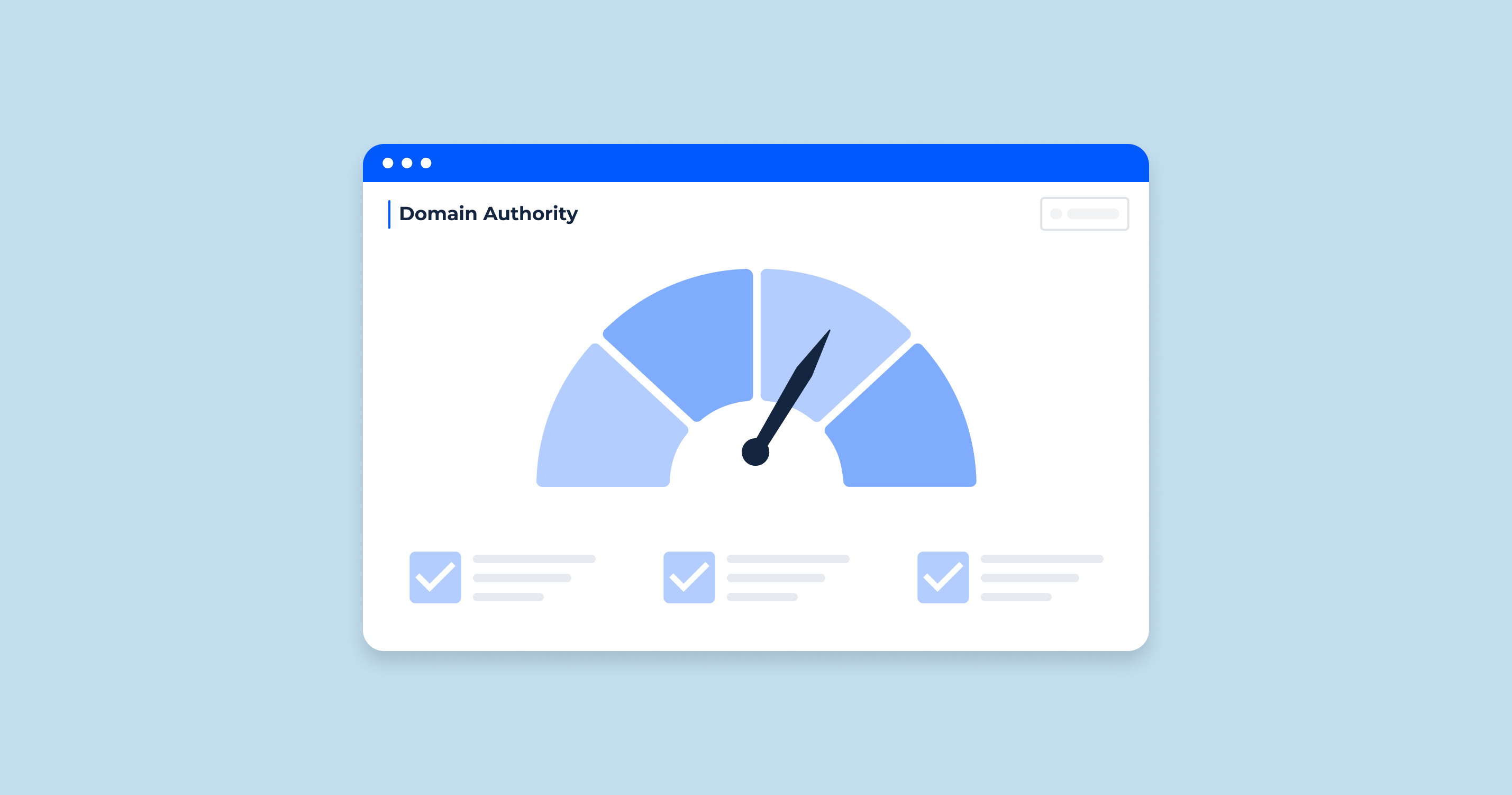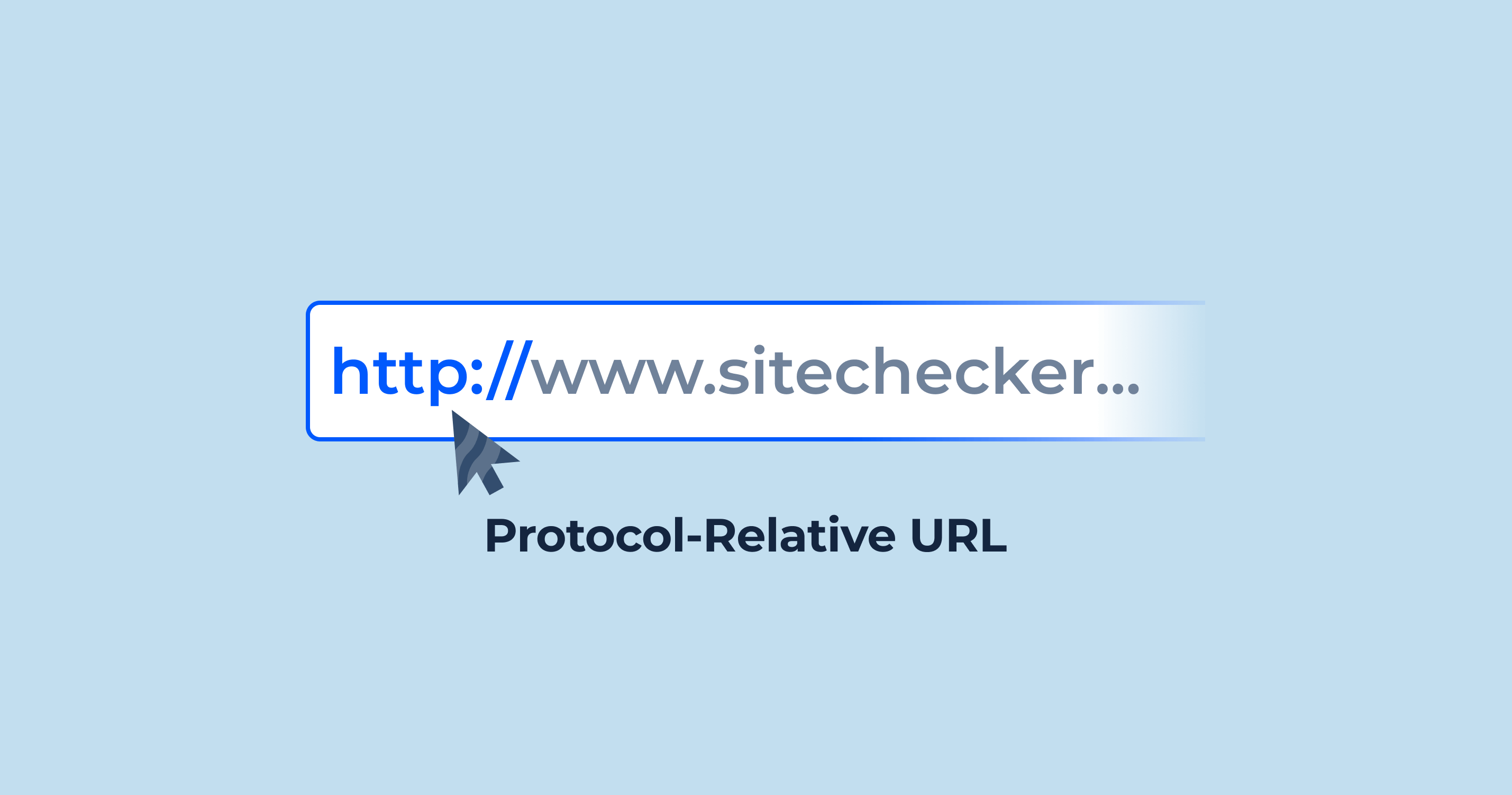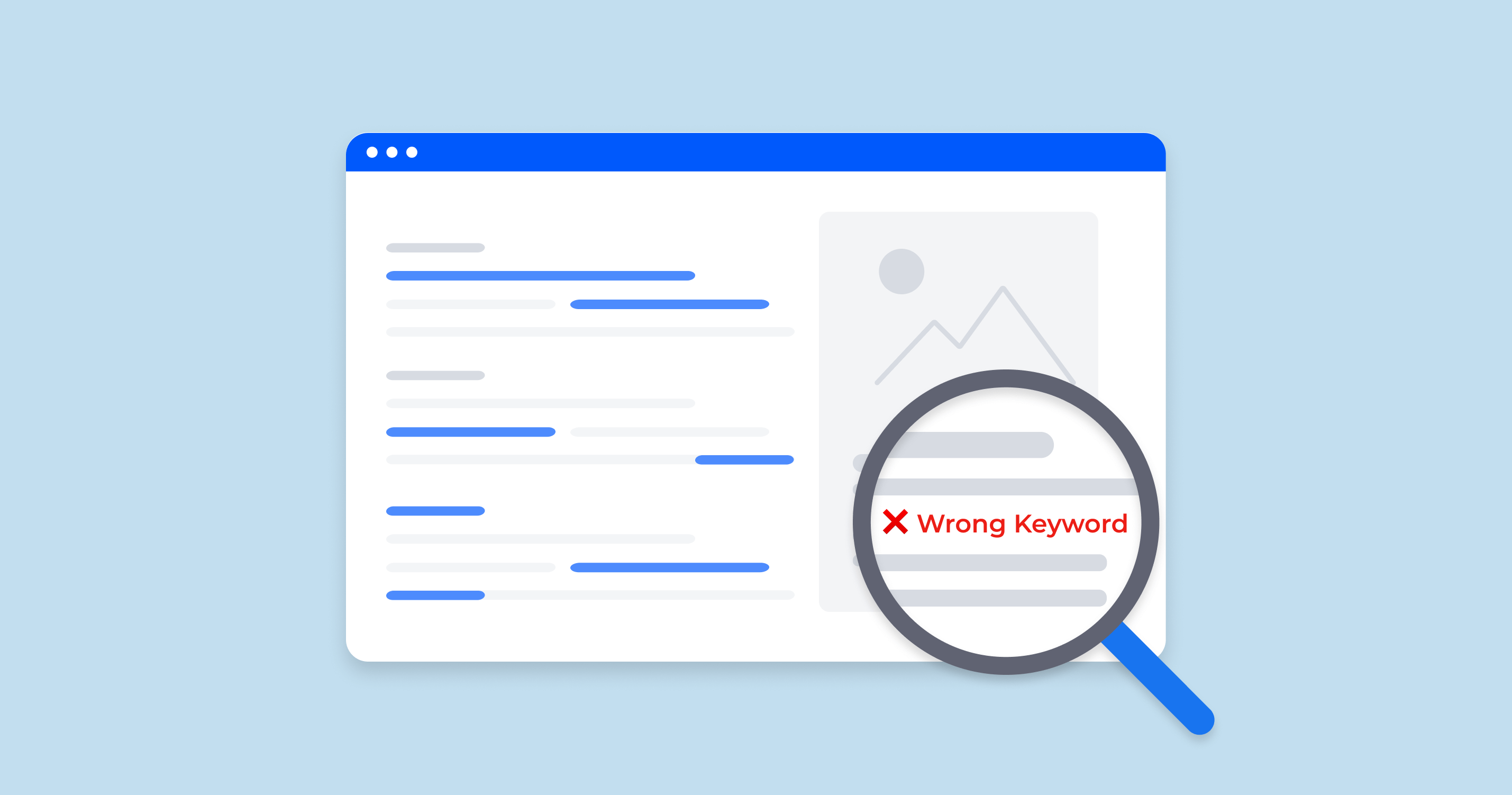Domain Authority (DA) is a search engine ranking score developed by Moz, a digital marketing and SEO software provider. It predicts how well a website will rank on SERPs. DA scores range from one to 100, with higher scores corresponding to a greater ability to rank.
Domain Authority is calculated by evaluating multiple factors, including linking root domains and the number of total links, into a single DA score. This score can then be used when comparing websites or tracking a website’s “ranking strength” over time.
However, it’s important to remember that DA is not used by Google and does not affect Google SERPs directly. It is only a predictive score created by Moz that tries to estimate a site’s quality and credibility based on the factors they have determined as relevant. Google uses a much more complex and undisclosed algorithm for ranking websites in their search engine results.
Domain Authority (DA) Calculation
Understanding Domain Authority (DA) and its calculation can be a boon to any digital marketing strategy. It’s not as simple as flipping a switch, and it’s shrouded in a veil of complex algorithms proprietary to Moz, the pioneering SEO software company.
Over 40 different signals feed into the DA algorithm, creating a nuanced and multidimensional portrait of your site’s potential ranking power. Here’s a glimpse into some of the most vital components:
- Linking Root Domains. This is all about the unique domains that throw a nod towards your site with a backlink. A broad spectrum of authoritative, high-quality domains linking to your site can supercharge your DA score.
- Total Links. It’s not just about your site’s popularity but also its sociability. This refers to all the inbound and outbound links on your website. But remember, it’s not a numbers game. The quality of these connections can mean the difference between a mediocre and robust DA score.
- MozRank. Picture this as a yardstick of your website’s link power. The higher the quality of your links, the stronger your MozRank.
- MozTrust. Similar to MozRank, but with a twist. MozTrust zeroes in on the trust level of links. Getting a nod from trusted, authoritative sites like .edu or .gov can work wonders for your MozTrust score.
- Quality of Content. This isn’t explicitly set out in the DA playbook by Moz, but every seasoned SEO expert knows that compelling, high-quality content is a magnet for high-grade links.
After collating all these signals, they’re put through a machine learning model. This model is fine-tuned to match up with Google’s ranking system as closely as possible. The final DA scores are then plotted on a 100-point logarithmic scale. Don’t be deceived, though – climbing from a DA of 20 to 30 is a walk in the park compared to the steep ascent from 70 to 80!
Domain Authority is a relative metric. It isn’t a definitive measure of your SEO prowess but more a yardstick of how your site stacks up against competitors in the battle for SERP supremacy. By understanding the constituents of DA, you can refine your strategy and outpace your rivals on the digital battlefield.
Domain Authority is not a Direct Ranking Factor
DA serves as an effective comparative tool, giving a sense of how your website might rank in relation to others in search engine results, and thus helps estimate your site’s competitive strength. It can influence the quality of backlinks you attract, as sites with higher DA are often perceived as more authoritative and trustworthy, making others more inclined to link to them, a key factor in SEO.
DA also allows you to benchmark and track the effectiveness of your SEO efforts over time, with increases in DA often indicating that your SEO strategies are working. In your link-building endeavors, knowing the DA of potential partner websites can guide your strategies towards valuable opportunities, as backlinks from high-DA sites can improve your own site’s authority.
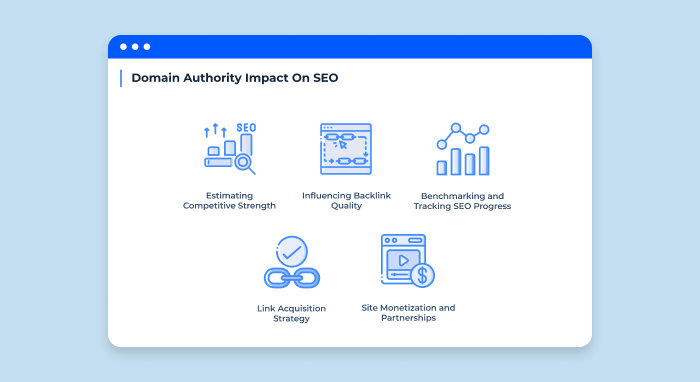
A higher DA score can make your website more appealing to advertisers or potential partnerships, signaling a strong online presence and authority in your niche. Despite its usefulness, it’s crucial to remember that the ultimate aim of SEO should always be to enhance the user experience and provide valuable content to your audience.
Is Domain Authority Important for SEO?
A positive Domain Authority score should not be your only goal when optimizing your site for search engines. This indicator is useful for site owners to identify errors in building a link profile. It does not guarantee top search engine results for your site.
It is worth conducting site audits regularly to look for errors that hinder promotion in search resources. Use special tools always to know the current state of your site and the number of critical issues that need to be corrected.
What does Google say?
Google’s ranking algorithms and deciding which sites will rank for certain keywords are a mystery to all users. There is a basic recommendation for all site owners — you need to make sites primarily for users, not for robots. Google shares its ranking factors but never discloses exactly how it uses these algorithms. Google representatives deny using “domain authority” as a ranking metric. Nevertheless, according to John Mueller’s citation, they have an overall site score of a DA.
What do SEO experts say?
Specialists believe that domain authority is the most accurate representation of search results and why some websites rank more strength than others in search results. Therefore, there is a direct correlation between high DA scores and higher rankings.
SEO expert Cyrus Shepard explains about Domain Authority; check the video:
Increasing Domain Authority Advises
Enhancing your Domain Authority (DA) is a journey requiring a medley of strategic maneuvers. The bedrock of any DA improvement plan starts with your content—it needs to be engaging, valuable, and compelling, a beacon attracting backlinks from high-authority sites like moths to a flame.
Don’t underestimate the power of efficient internal linking — Your roadmap guides users and search engine crawlers seamlessly through your site. Make a habit of auditing your backlink profile and pruning those toxic links that could be poisoning your site’s authority. Work tirelessly to broaden your link profile horizon, roping in backlinks from respected, relevant sites.
Every element on your page counts, so roll up your sleeves and refine your on-page SEO elements—keywords, meta descriptions, image alt tags, and so forth. With the surge in mobile browsing, ensuring your website is mobile-friendly is non-negotiable. Speed, too, is of the essence—sluggish sites deter users, upping your bounce rate and dampening your DA.
And finally, tap into the power amplifier that is social media—though not a direct ranking factor, well-performing content on social platforms often correlates with a robust DA. Remember, friends, boosting DA isn’t an overnight sensation—it’s a long-haul journey requiring persistent, strategic SEO effort. Keep at it, and you’ll gradually see your DA score climb.
Domain Authority vs. Page Authority
Domain Authority and Page Authority are both search engine ranking scores developed by Moz that predict how well a website or a specific page will rank on SERPs. However, they apply to different aspects of a website.
Domain Authority (DA)
This score represents the overall predictive ranking strength of the entire website or domain, considering the total number of links, linking root domains, and other factors. The DA score indicates how competitive the site is in a search engine’s results compared to other websites.
Page Authority (PA)
This score represents the predictive ranking strength of a single web page. Just like DA, it takes into account link factors, but it is page-specific. The PA score gives you an idea of how competitive a specific page is likely to be in search engine results.
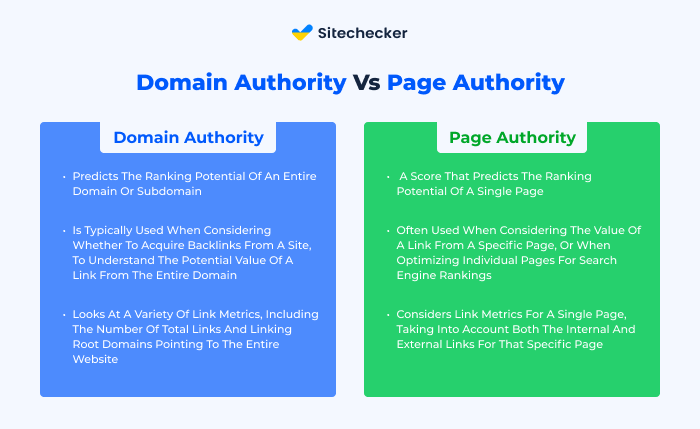
Both scores range from one to 100, with higher scores indicating a greater ability to rank. However, it’s crucial to remember that these are comparative tools primarily designed to compare your site or pages to similar sites or pages. Improvements in DA or PA don’t necessarily guarantee improved rankings, but a higher DA or PA score relative to your competitors often indicates a higher likelihood of ranking well.
Check Domain Authority with Domain Authority Checker from Sitechecker
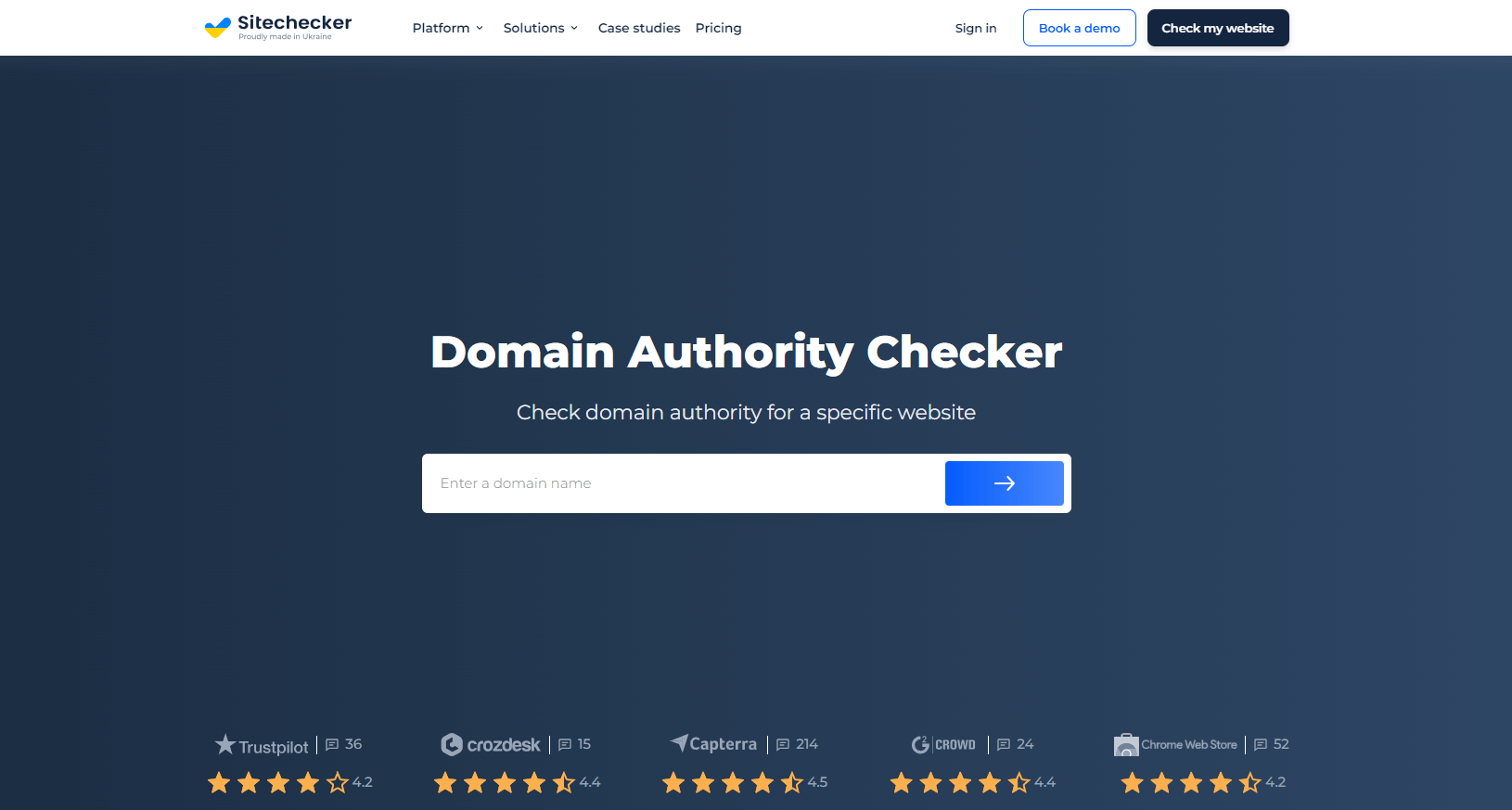
Free MOZ domain authority checker of a website using Sitechecker.pro, you simply enter the URL of the site you want to check, and the tool provides you with the Domain Authority score. This score is a quick and easy way to get an idea of how your site stacks up against others in terms of SEO strength.
Lastly, it’s important to note that while a higher Domain Authority can correlate with higher search rankings, it’s not a guarantee.
Google uses hundreds of factors in its algorithm to rank websites, and DA is just an estimation of how a website might perform in search results.
Conclusion
Domain Authority (DA) is a critical SEO metric developed by Moz that predicts a website’s ability to rank on SERPs. Calculated based on multiple factors, including the number and quality of linking root domains, total links, and the overall quality of content, it offers invaluable insights into a website’s competitive strength.
While DA provides an understanding of a website’s overall ranking potential, Page Authority (PA) hones in on the ranking strength of individual pages. Both are comparative tools designed to gauge your site’s competitiveness in the vast SEO landscape. Additionally, using a Domain Age Checker can help you understand the age of a domain, which can contribute to its authority and, in turn, its DA and PA scores, as older domains often hold more trust in the eyes of search engines.
Strategically improving your DA entails a consistent focus on producing high-quality, engaging content, refining on-page SEO elements, enhancing the internal linking structure, and optimizing the backlink profile. It also involves ensuring a user-friendly, mobile-responsive, and fast-loading website. A strong social media presence can also indirectly influence your DA.
Which is more important, domain authority or domain rating?
The importance of one over the other can depend on your specific SEO goals.
What is the most trustworthy domain?
Does domain authority affect ranking?
It's primarily used as a comparative tool to gauge the competitive strength of a site against others.
What is a good Domain Authority number?
It's best to use DA as a comparative tool against competitor websites rather than as an absolute score.
How to find domain authority?
What is Ahrefs domain authority?
It's based on the quantity and quality of external backlinks to a website. It's a relative metric, meaning a website with a higher DR generally has a stronger backlink profile.
